The views expressed in our content reflect individual perspectives and do not represent the authoritative views of the Baha'i Faith.
If you grew up in a traditional religion, you probably learned to respect the authority of the clergy—or fear it.
Rabbis, monks, elders, priests, sangha, deacons, shamans, preachers, murshid, ministers, imams, bishops—all of these formal religious leaders have power and authority over the faithful. Often ordained for a definite role in ministering to the believers, the clergy usually administer sacraments; perform rituals; conduct baptisms, weddings and funerals; and study and teach their religion’s dogma, doctrine and practices.
The word cleric is related to the word clerk, because in earlier times the clerics were the only ones who could read and write.
Growing up in one of those traditional Faiths myself—I was raised in a pretty conservative Lutheran church—I respected and even feared the authority of the minister. He thundered his sermons from the pulpit, a powerful speaker and a pretty scary one, too. Even though many decades have passed since I heard those sermons, I can still remember his detailed, nightmarish descriptions of the torment of hell and the eternal fire the damned had to suffer for their sins.
Because I wasn’t by nature a very obedient child—just ask my parents—I had many guilty moments in church on Sundays. After those fire-and-brimstone sermons, I feared for the fate of my soul, and I often resolved, most Sunday mornings, to try and clean up my act.
But for some reason my minister’s fear tactics didn’t work on me for very long, and by Tuesday or Wednesday I usually went back to my mischievous ways. When you’re a kid, you think you’ll live forever.
Gradually I came to believe that no such place as hell existed. It seemed totally inconsistent with the idea of a kind, loving Creator, and therefore stopped making any sense to me. Later, I began to question the very existence of God, as I grew into adolescence and began to think for myself. So I rejected the things my clergyman had told me as overly simplistic, antiquated beliefs—and in the process, I rejected religion entirely. Probably the biggest reason? I couldn’t see why another person like me could judge me. Another big reason? My spirit wanted to feel acceptance, love and compassion, not terror.
At that point I began to wonder what life would’ve been like minus the influence of the clergy—without that abject fear I felt in church. When I initially encountered the Baha’i Faith as a high school student, the first question I asked was: “Does this religion have any clergy?”
The answer surprised me:
Collateral with His summons to the pursuit of knowledge, Baha’u’llah has abolished entirely that feature of all past religions by which a special caste of persons such as the Christian priesthood or the Islamic ulama came to exercise authority over the religious understanding and practice of their fellow believers. In a letter written in Persian on his behalf to the Spiritual Assembly of the Baha’is of Istanbul, the Guardian is at some pains to underline the importance of this marked departure from past religious history:
But praise be to God that the Pen of Glory has done away with the unyielding and dictatorial views of the learned and the wise, dismissed the assertions of individuals as an authoritative criterion, even though they were recognized as the most accomplished and learned among men, and ordained that all matters be referred to authorized centres and specified assemblies. – Universal House of Justice, 14 March 1996.
… whatever the clergy in other religions undertake individually and by virtue of their appointment to their positions, the Baha’i administration performs collectively and through an elective process. – Universal House of Justice, Messages 1963 to 1986, p. 597.
No clergy! That made me happy, and I decided to really pursue the study of this new Faith. It wasn’t until later that I started to realize the negative impact those leaders of religion had caused in the wider world:
Leaders of religion, in every age, have hindered their people from attaining the shores of eternal salvation, inasmuch as they held the reins of authority in their mighty grasp. Some for the lust of leadership, others through want of knowledge and understanding, have been the cause of the deprivation of the people. – Baha’u’llah, The Book of Certitude, p. 15.
In the time since I began to learn about the historical role of the clergy in the longstanding disputes and wars between religions, I’ve met many wonderful clergymen and clergywomen. Many have the spiritual interests of their congregations at heart, and try their absolute, sincere best to exemplify the teachings of their respective Faiths. I have great respect for their calling and the way they fulfill it.
However—the Baha’i teachings have shown me that the human race is mature enough now to make our own spiritual decisions. We no longer need clerics to tell us how to think. We’re literate, educated and independent. We’re not bound by tradition or imitation. Instead, we can think for ourselves:
God has created in man the power of reason, whereby man is enabled to investigate reality. God has not intended man to imitate blindly his fathers and ancestors. He has endowed him with mind, or the faculty of reasoning, by the exercise of which he is to investigate and discover the truth, and that which he finds real and true he must accept. He must not be an imitator or blind follower of any soul. He must not rely implicitly upon the opinion of any man without investigation; nay, each soul must seek intelligently and independently, arriving at a real conclusion and bound only by that reality. The greatest cause of bereavement and disheartening in the world of humanity is ignorance based upon blind imitation. It is due to this that wars and battles prevail; from this cause hatred and animosity arise continually among mankind. – Abdu’l-Baha, The Promulgation of Universal Peace, p. 291.




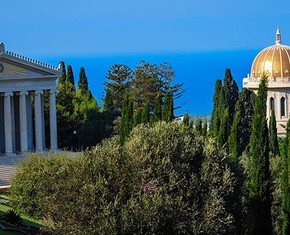
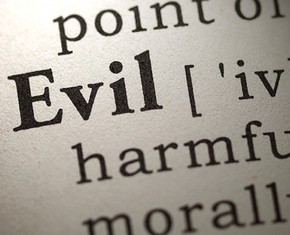

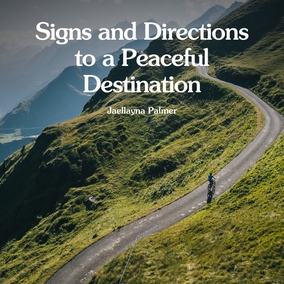
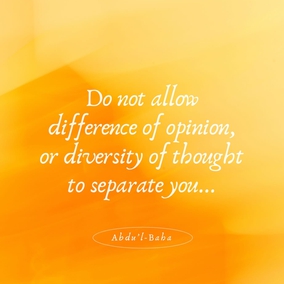
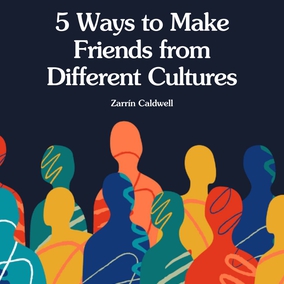
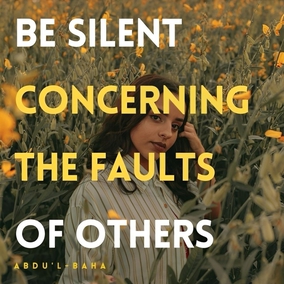





Comments
Sign in or create an account
Continue with Googleor